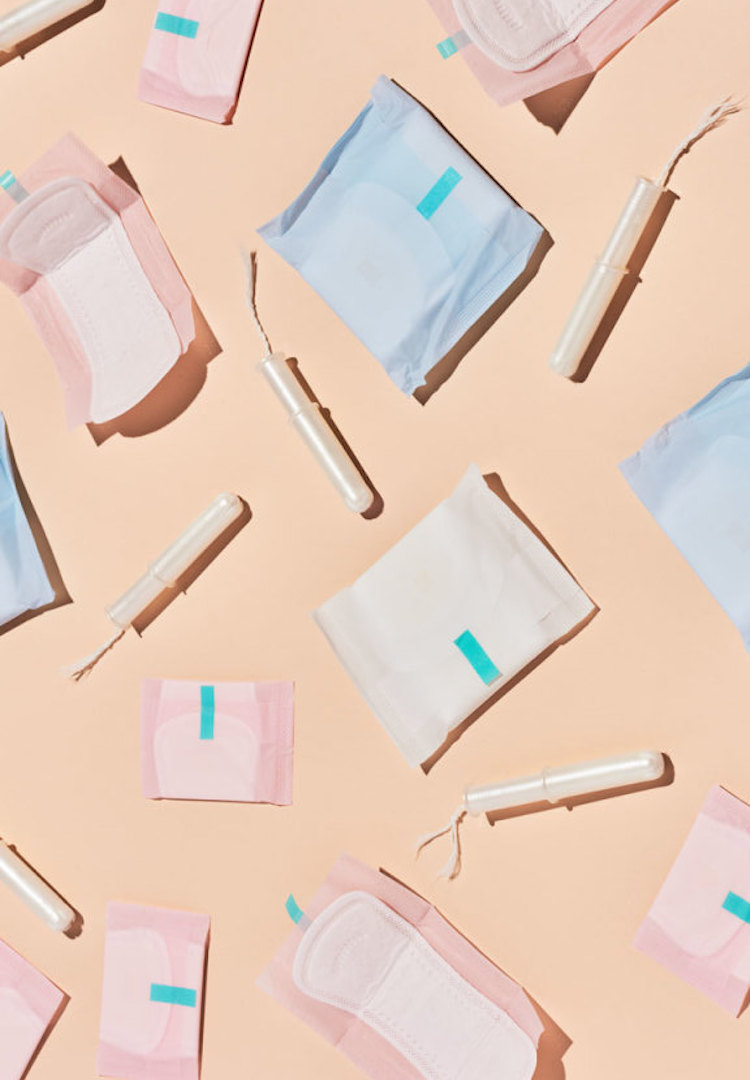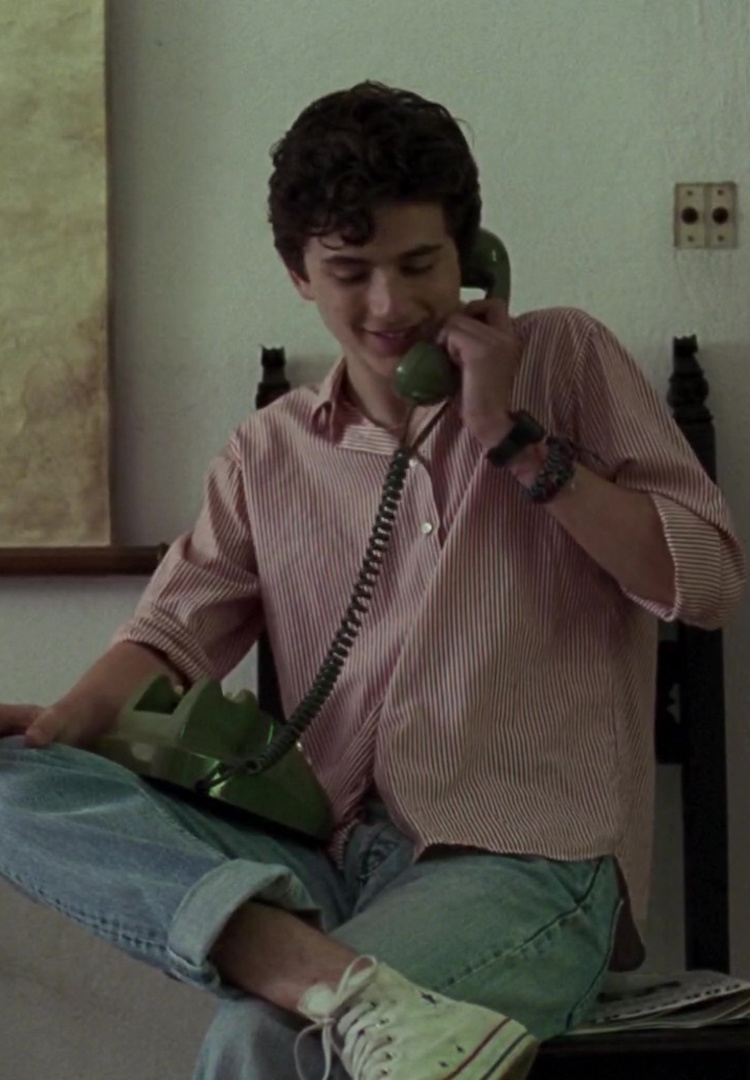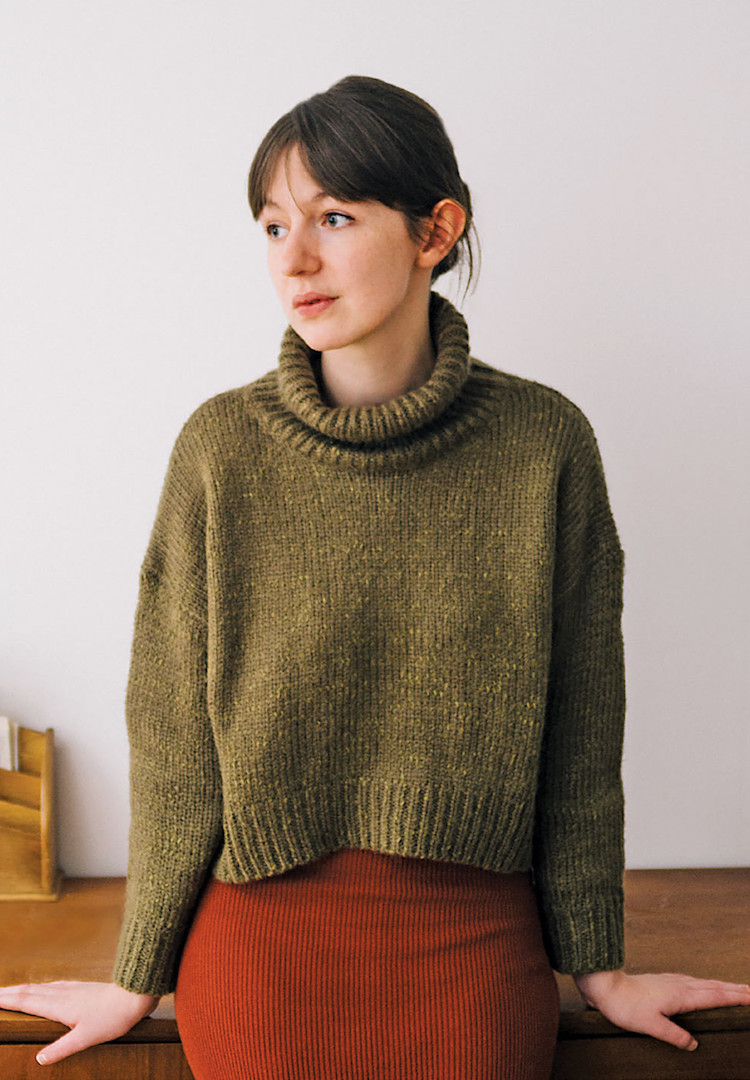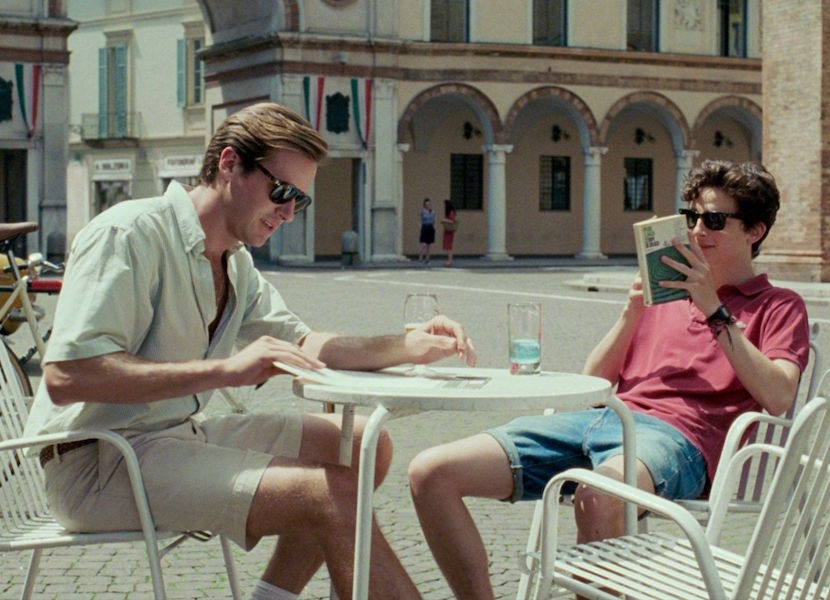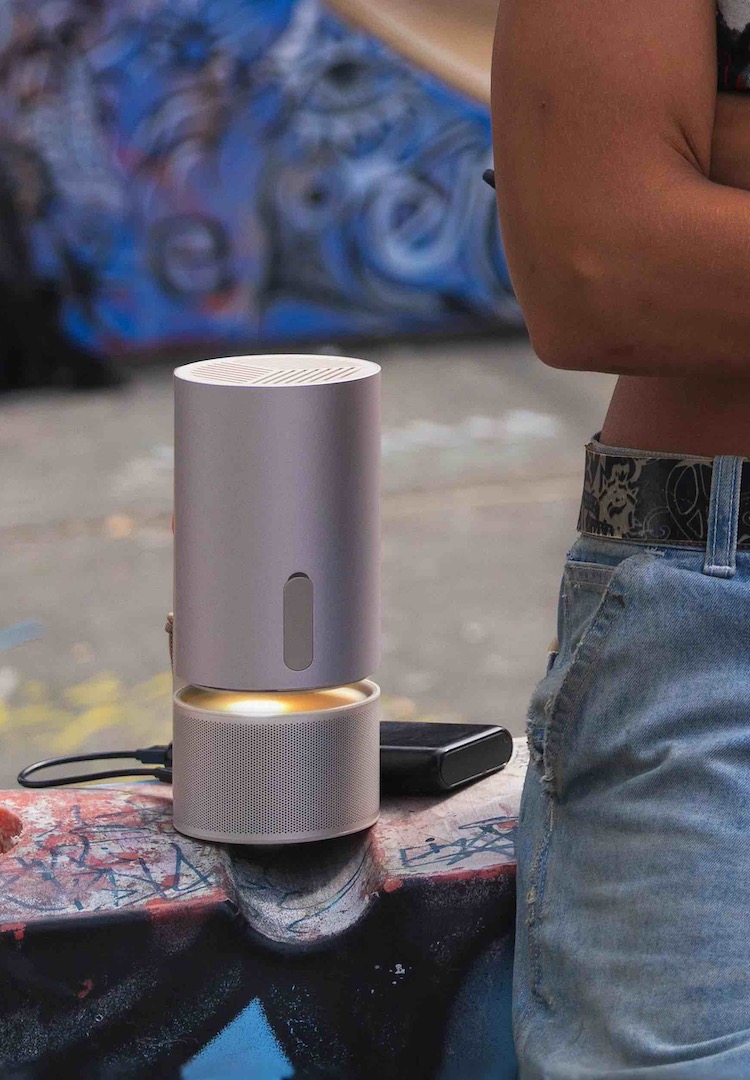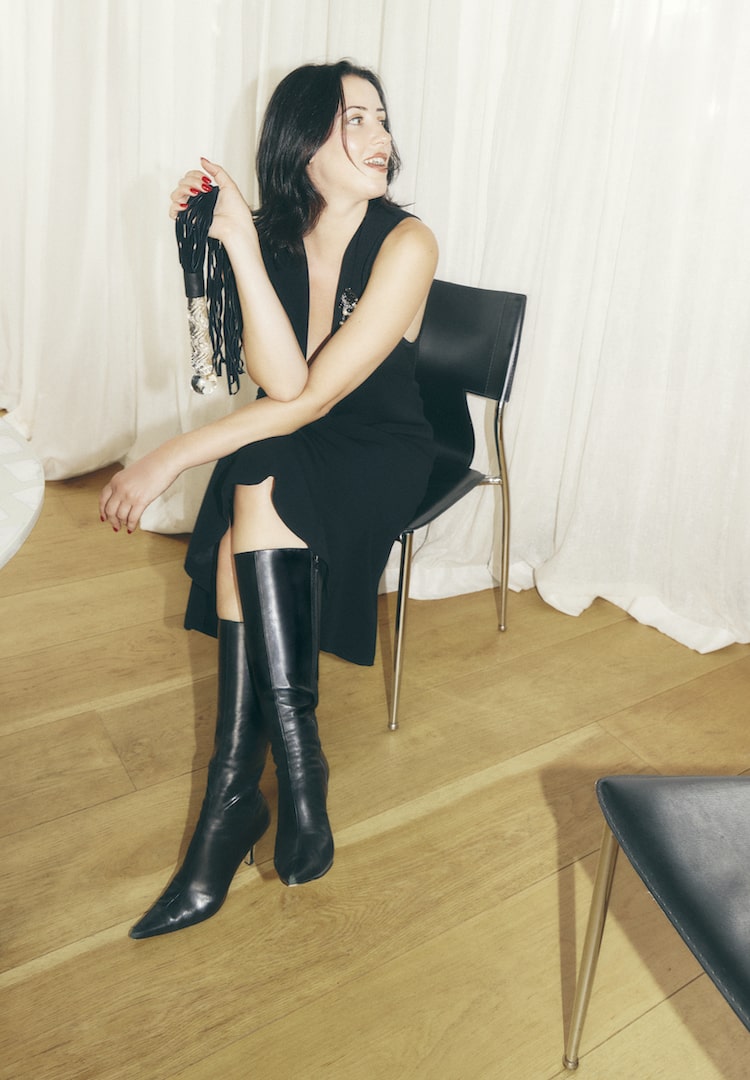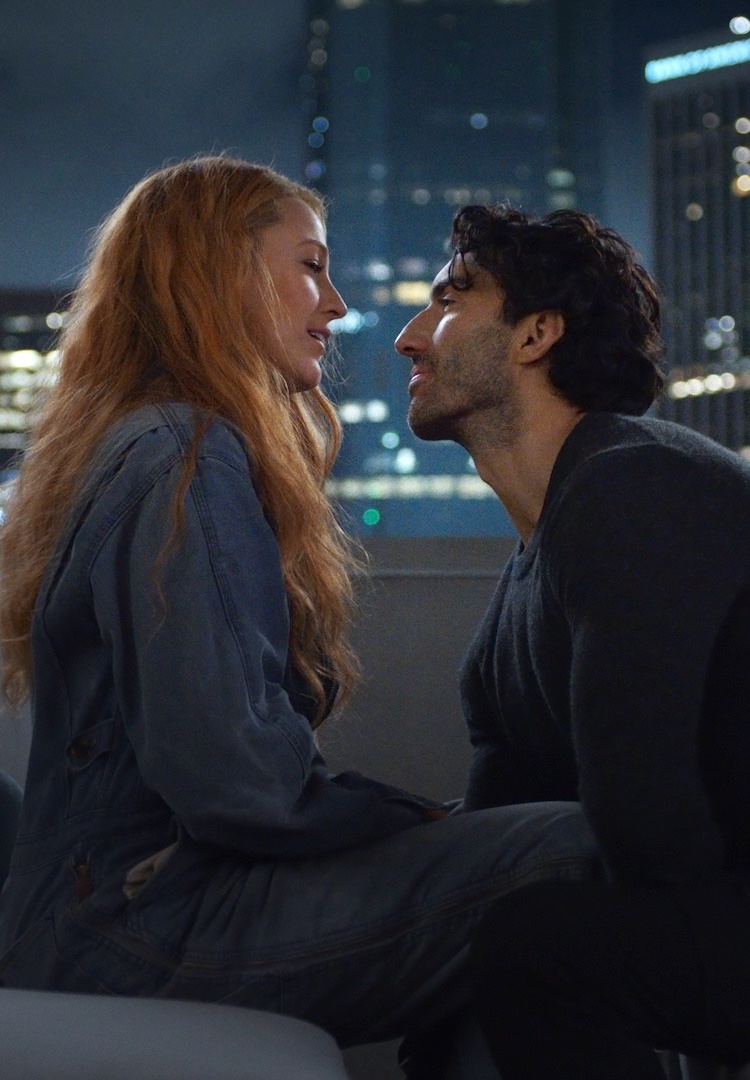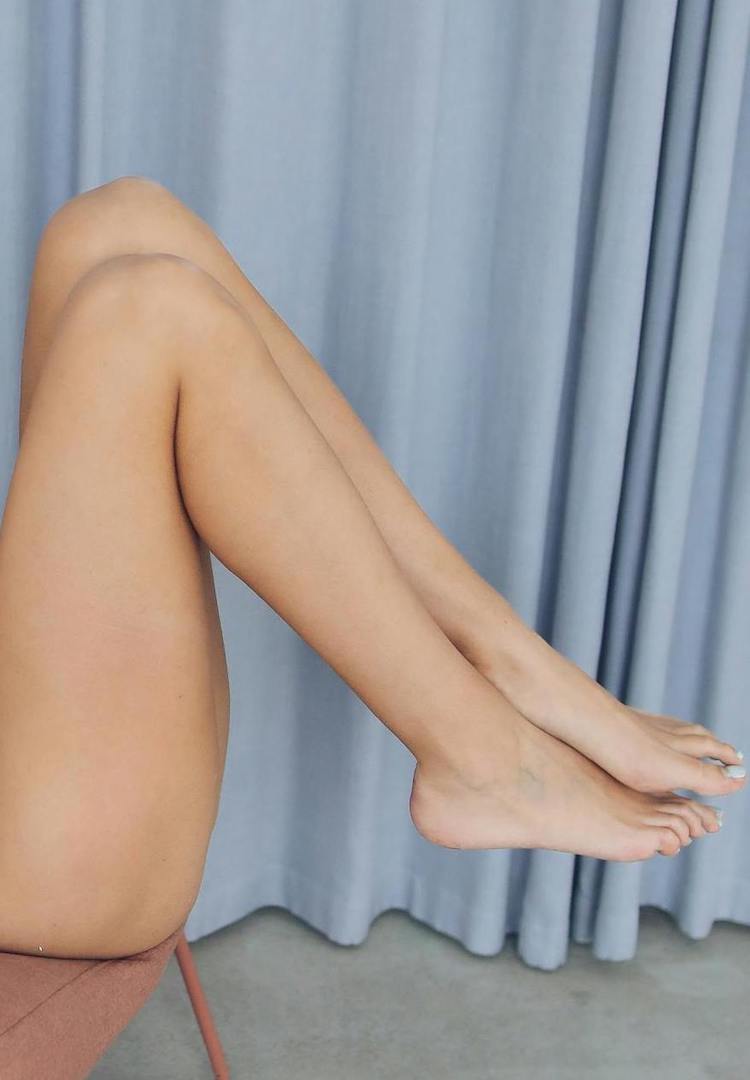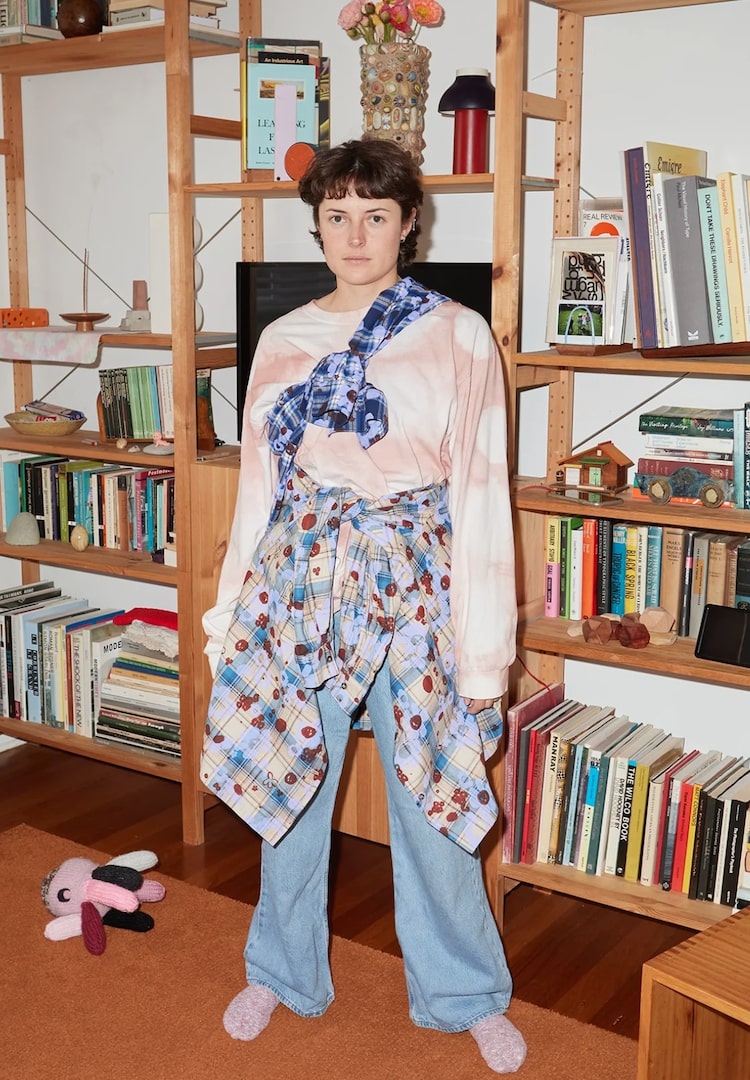Old and new favourites from LGBTQI+ cinema
Words by Maki Morita
Love, loss and everything in between.
With Mardi Gras having taken over Sydney this past weekend and the Melbourne Queer Film Festival coming up in March, it’s a good time to reflect on love in the LGBTQI+ community. While Hollywood can still be disappointingly heteronormative, films portraying more diverse love stories have a habit of pushing through these boundaries and sticking in our memories. Here are some personal favourite LGBTQI+ love stories to get you in your feelings.
My Beautiful Laundrette (1985)
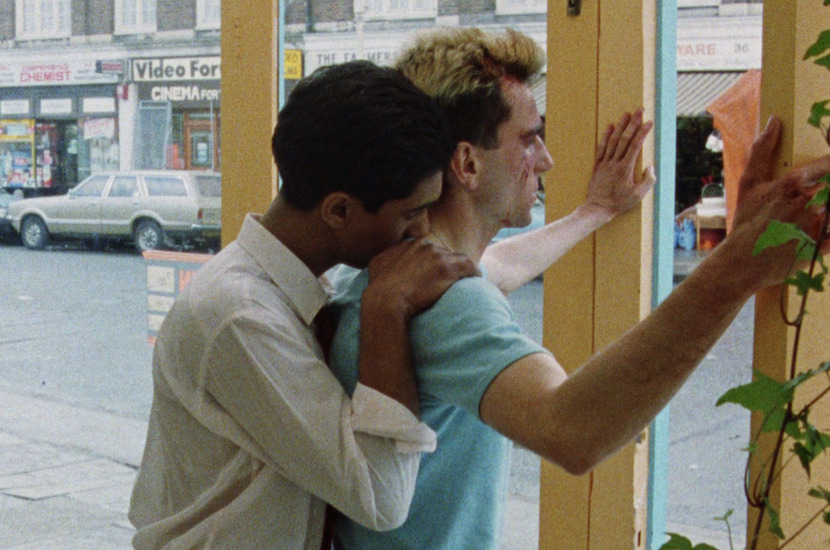
Omar (Gordon Warnecke) is a young British-Pakistani man in charge of his uncle’s laundry business, and Johnny (Daniel Day-Lewis) is a white punk misfit. My Beautiful Laundrette is a study of everyday life in Thatcher’s England, and the structural racism, classism and homophobia that underlies it. Fans of Hanif Kureishi (who wrote the screenplay) will be familiar with such themes from his novel Buddha of Suburbia. Omar and Johnny’s romance is kept under the wraps or, more specifically, to the tiny back room of the laundrette which provides the backdrop for their sex scenes. My Beautiful Laundrette is worth watching for its pioneering insight into a gay, cross-cultural relationship in ’80s London, and of course for a young Daniel Day-Lewis in one of his breakout roles.
Happy Together (1997)
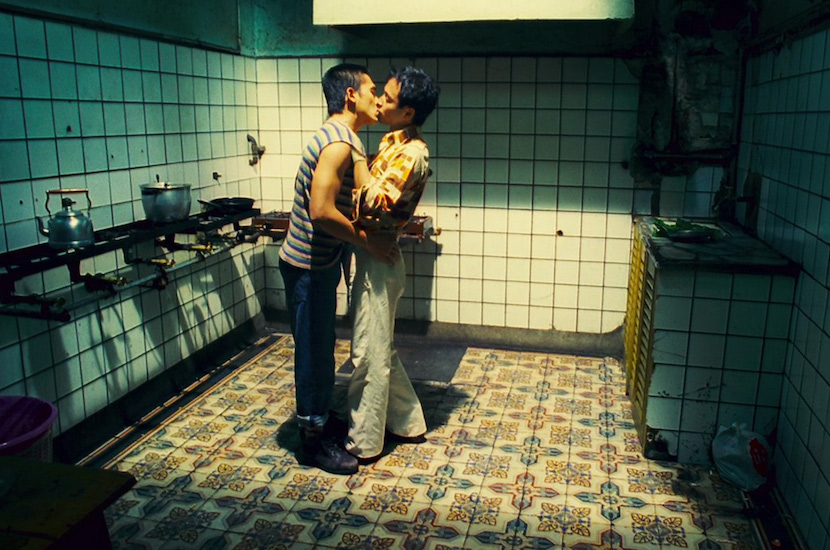
There’s probably a Yellow Pages worth of movies that portray love between a white man and a white woman. If you’re a bit bored of this trope (I certainly am), there are cinematic gems out there like Happy Together – a Wong Kar Wai film that follows a gay couple from Hong Kong on holiday in Argentina. The film’s title is no indication of its contents, as the disintegrating relationship between Lai (Tony Leung) and Ho (Leslie Cheung) is filled with bickering, violence, and emotional pain. Wong Kar Wai’s distinctive visual style coupled with Christopher Doyle’s cinematography make for a unique film with vivid colours and off-kilter camera movements. While the relationship depicted in Happy Together may be rare in terms of the depiction of race and sexuality in cinema, it doesn’t dwell on this, but rather shows the universality of themes like love, loss, and suffering.
Blue is the Warmest Colour (2013)
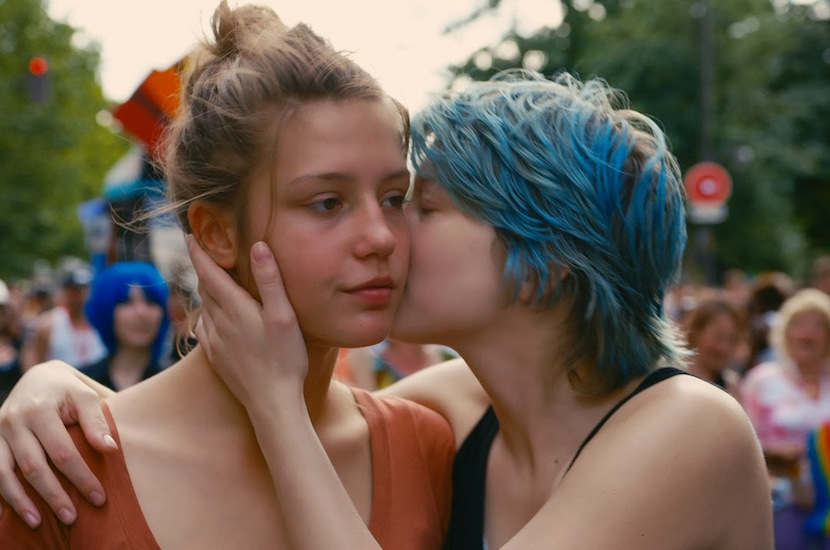
Abdellatif Kechiche’s Palme d’Or winning drama revolves around Adèle (Adèle Exarchopolous), a shy high school student who meets slightly older art student named Emma (Léa Seydoux) during a raucous night out. Innocent and naïve, Adèle instantly falls for Emma, who is irresistibly alluring with her sly smile and electric blue hair. Exarchopolous and Seydoux are compelling to watch on screen as they grapple with first love and the power dynamics of their relationship. While the film is an intimate portrait of a young woman’s sexual awakening, the production process has enormous faults, as Kechiche has been accused of making oppressive and tyrannical demands of the two leading actresses while filming sex scenes. Kechiche’s scandal is a shame, as Blue is the Warmest Colour in itself is a beautiful and moving film.
Call Me by Your Name (2017)
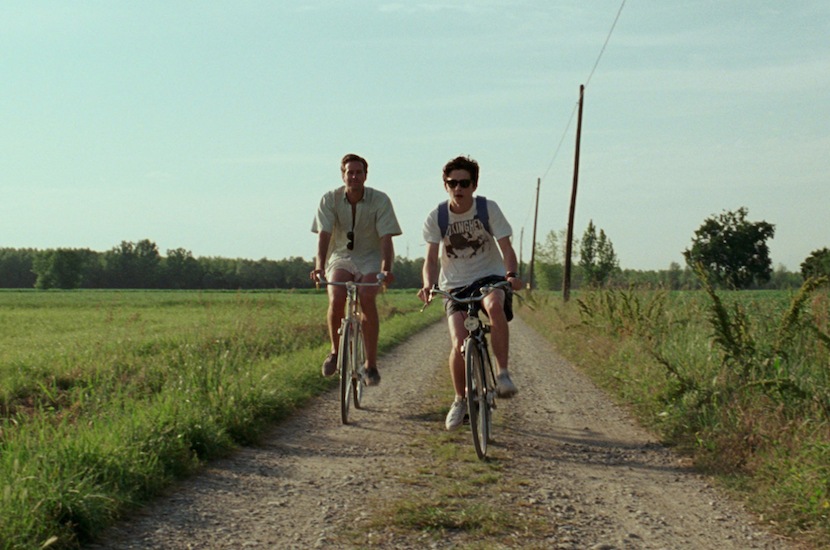
The movie that brought Timothée Chalamet to international attention and officially rendered him the ultimate heartthrob of our time, Call Me by Your Name is a must watch coming-of-age story. During a long, hot Italian summer filled with lavish family meals and leisurely swims, Elio (Timothée Chalamet) mopes around his parent’s gorgeous mansion as he pines after the impossibly handsome Oliver (Armie Hammer). Dripping with tender emotion and sensual imagery (oh, that peach scene), Call Me by Your Name vividly captures a young boy coming to terms with his sexuality and the melancholy that lingers after a summer fling.
Portrait of a Lady on Fire (2019)
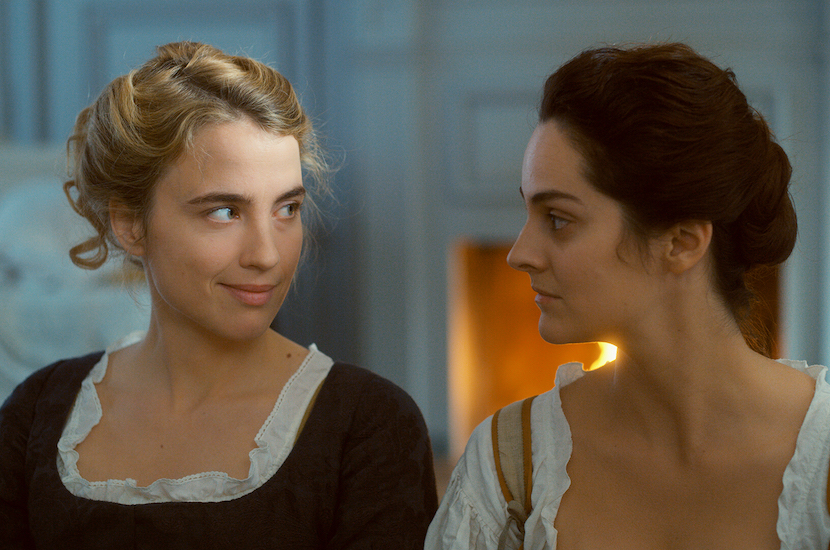
Portrait of a Lady on Fire follows the heated romance between the painter Marianne (Noémie Merlant) and her subject, Héloïse (Adèle Haenel). Set in 18th century Brittany, the two young women are bound by corsets, patriarchal customs, and a dreamy yet forbidden love affair. Writer-director Céline Sciamma follows their relationship with a spellbinding intensity, capturing the burning desire and lingering gazes of a blossoming romance to great effect. The film depicts the heartbreak of restricted love with searing emotion, and will leave you screaming internally, “Why can’t they just be together!?”

